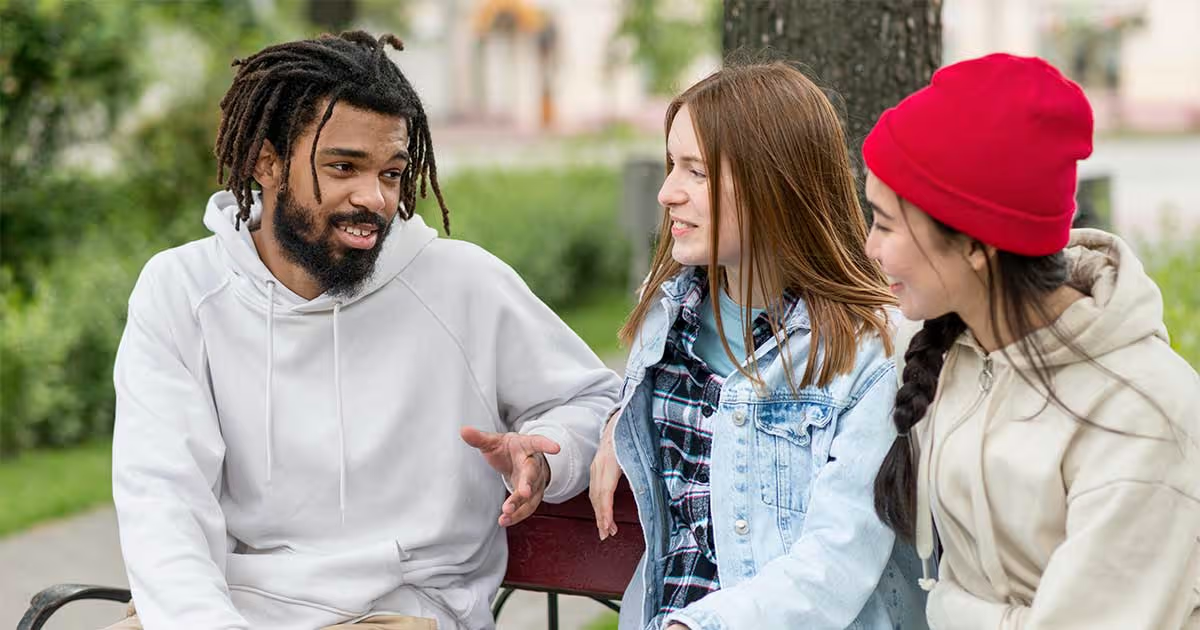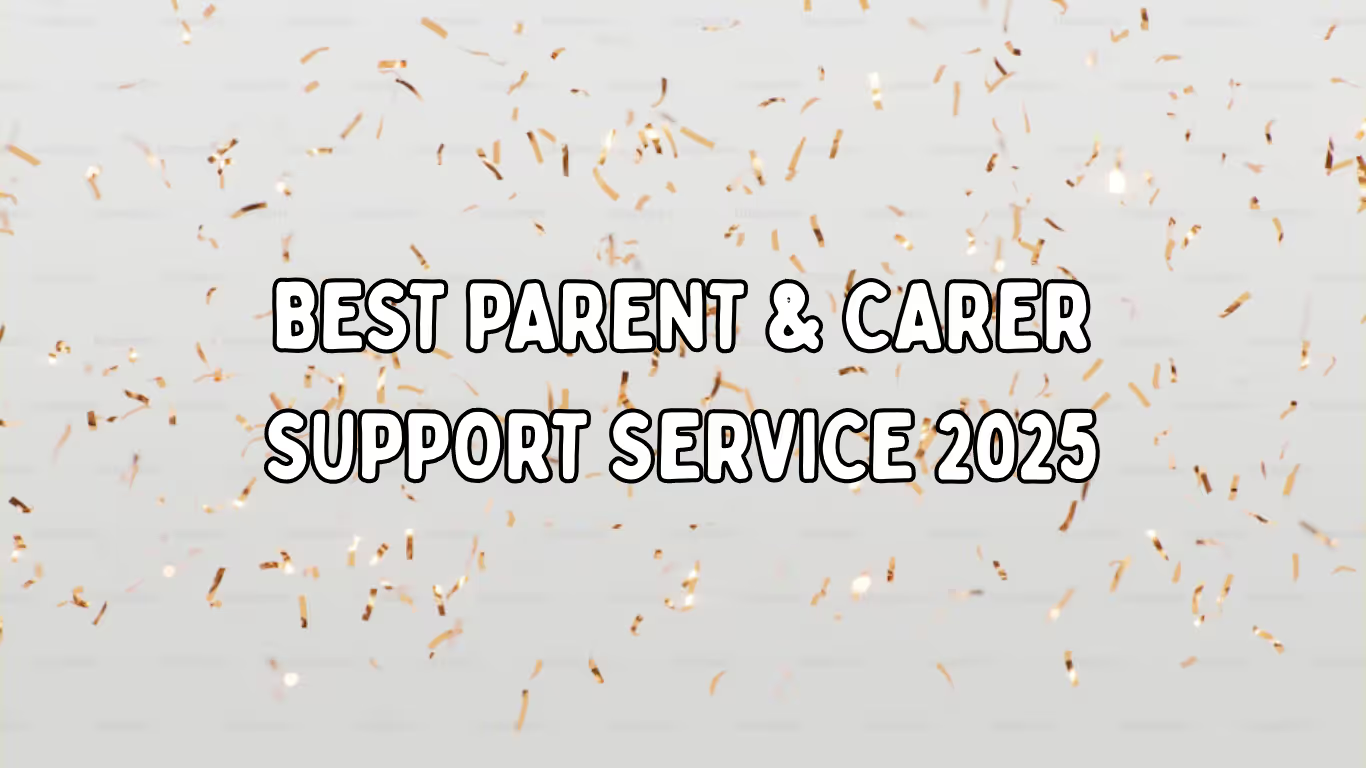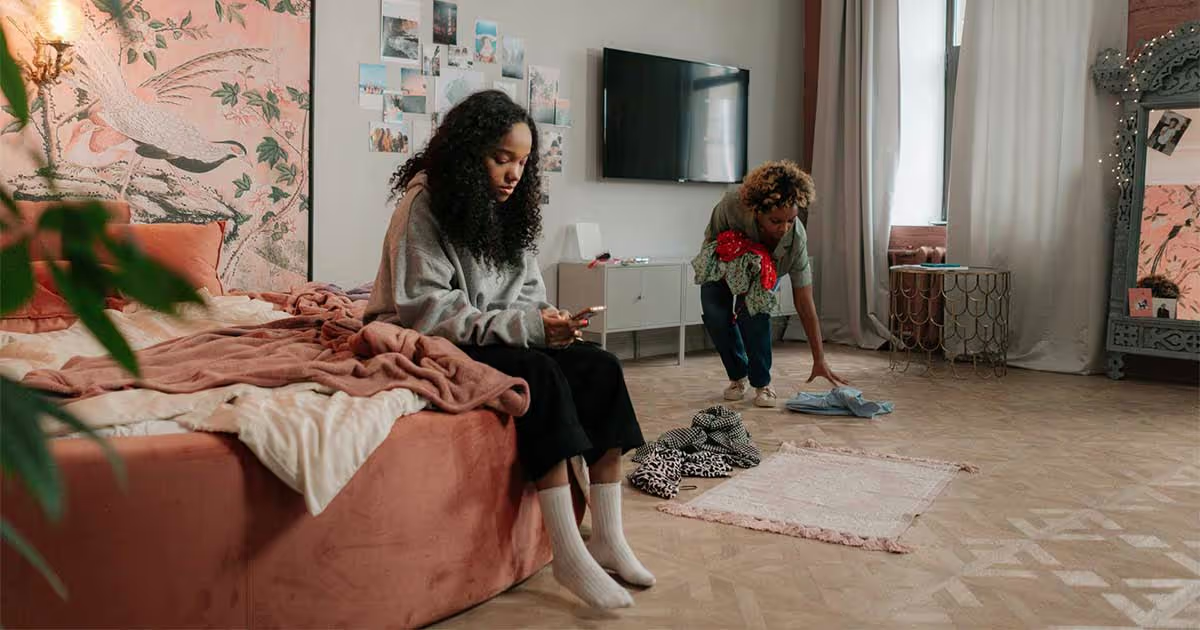Are you wondering what happened to the easy-going chats you imagined having with your teenager? Are your attempts to ask about their day met with a grunt or (worse) an eye roll?
If so, you're not alone – and you're certainly not doing anything wrong.
Teenagers face significant emotional and physical changes and often feel uncertain about themselves. But it’s important to make space for that connection, even (and especially) when it’s tough.
Through watching and learning from you, teenagers will learn and mirror. The way you respond now shows them what respectful, open communication sounds, feels, and looks like.
7 Ways to Build Stronger Communication
1. More listening, less talking
This is probably the most important takeaway.
Teens need to feel heard and understood. Try to resist that urge to jump in with advice. Instead, give them your full attention when they choose to share with you. Your teen is more likely to feel heard, which will encourage future open communication.
2. Actively listen
Give time and thought to what they're saying, and how they're saying it. Ask questions to clarify, but also to show you are listening. Summarise what you've heard so they know you're taking them seriously. Teens are very aware of your tone and body language, so be mindful of your non verbal communication too. Keeping it calm and open really helps.
3. Drop the judgment
The NSPCC found that 80% of teenagers would be more comfortable talking to their parents about important issues if they knew they could share their thoughts without judgement. So if they feel judged, there’s a strong chance they’ll shut down. You may not agree with what they’re sharing with you, but respect their feelings and their opinions.
4. Use calm, clear language
Avoid sarcasm, shouting, or guilt-tripping. Aim for calm and assertive instead. When you adopt this type of language you'll be showing them how to handle difficult conversations with respect and dignity.
5. Be honest and clear
Sharing your own thoughts and feelings can help model openness and trust. Be clear about your expectations as well. Boundaries can be kind when they're communicated with respect.
6. Find common ground
Share your own interests and be curious about theirs. This will help to build a connection. You don't need to love the same things, and you may not understand their interests. But stay respectful and just show interest in them.
7. Make time for one-to-one connection
As teens get older, they will naturally want to spend more time with friends. Even five minutes a day of undivided attention can help them feel secure and valued. Quality time could look like a short walk or a chat over dinner.
A few more tips to keep in mind…
- Be patient. Building trust with teens takes time. But your efforts are landing. Keep showing up, your teen will notice and respond in time.
- Be yourself. Inauthenticity is a big no no for teens. If they feel you’re not being honest or real with them they won't hesitate to call it out.
- Make it fun. If a conversation feels like hard work, they're probably not enjoying it either. Laughter and lightness go a long way.
Why this matters
Positive communication is an invaluable tool for your toolbox. It builds your child's self-esteem by feeling heard and confident to speak openly about their feelings and opinions. It teaches them how to form healthy relationships, not just within the family, but with their peers and future partners.
And if you're finding it tough? You are not alone.
If you're struggling to cope with how your child is behaving, or with how it's making you feel – reach out.
Holding Space provide peer support for parents whose children are facing varying challenges through tough times. We’re a safe, non-judgemental space where you can receive the support you need, knowing you are not alone. We run 1-2-1 and group support sessions, coffee mornings, workshops, and events.
Call us today, or complete our self-referral form and our Parent Peer Support team will be in touch.







